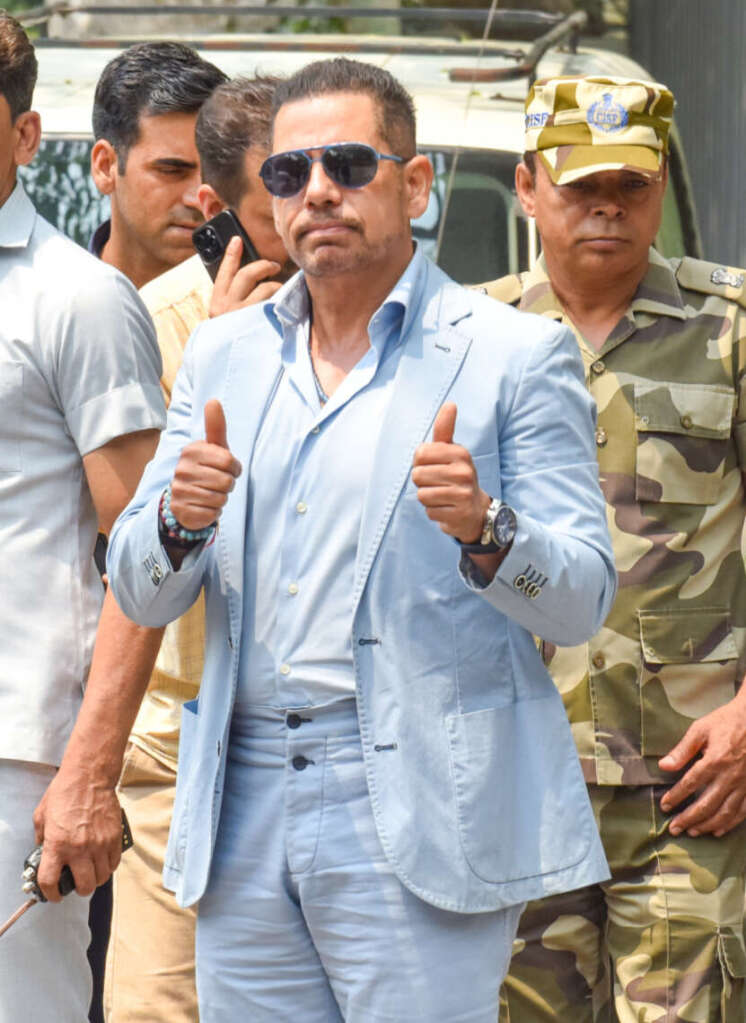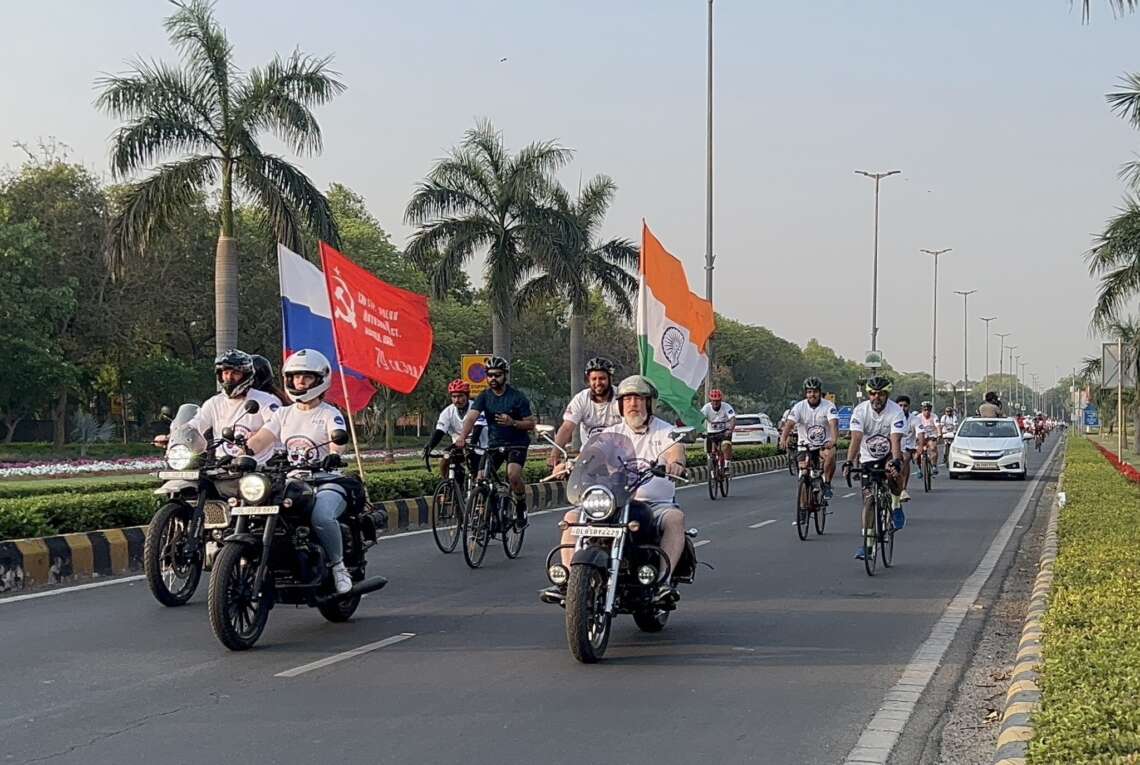Demonstrations held across all state capitals and district headquarters, marking a coordinated pushback against recent legal moves, including a chargesheet in the National Herald case and the continued questioning of businessman Robert Vadra.
The Congress party launched nationwide protests this week against what it described as the Narendra Modi government’s “gross misuse of power”, targeting the Enforcement Directorate (ED) for what it termed politically motivated actions against senior party leaders and associates.
The demonstrations were held across all state capitals and district headquarters, marking a coordinated pushback against recent legal moves, including a chargesheet in the National Herald case and the continued questioning of businessman Robert Vadra.
Protesters gathered at ED offices and central government institutions in a show of defiance led by Pradesh Congress Committees. The protests saw the participation of lakhs of party workers, legislators, MPs, and senior leaders from states such as Karnataka, Madhya Pradesh, Odisha, Kerala, Telangana, and Uttar Pradesh. In Delhi, a group of Congress leaders and workers protesting outside the party headquarters at Akbar Road were detained after attempting to breach police barricades.
At the heart of the agitation lies the ED’s chargesheet against Congress matriarch Sonia Gandhi and senior leader Rahul Gandhi in the National Herald case. Congress general secretary KC Venugopal described the agency’s actions as part of a “sustained campaign of political vendetta” and an attempt to malign the party leadership through fabricated allegations. The chargesheet also names senior leaders Sam Pitroda and Suman Dubey, along with several associated firms.
“This is not just a political battle; it is a democratic duty,” said the party in a statement, asserting its continued commitment to “truth, justice, and the Constitution of India.” The Congress, it said, would lead the fight with “discipline and courage.”

Congress leader Gurdeep Singh Sappal was even more direct in his criticism, describing the ED as a tool of political coercion. “The entire country now knows that ED’s job is just to threaten,” he said. “ED is no longer Enforcement Directorate; it has become ‘Everyday Dhamki’.” Sappal added that major cases such as 2G and coal allocations, which were once touted by the BJP as examples of large-scale corruption, had ultimately failed to stand up in court.
The timing of the protests also coincided with the ED’s renewed questioning of Robert Vadra, husband of Congress MP Priyanka Gandhi Vadra, in connection with a money laundering investigation linked to a controversial land deal in Shikohpur, Haryana. This week marked Vadra’s third round of questioning, where he was confronted with new details unearthed during the ongoing probe.
The case concerns a land purchase by Vadra’s company Skylight Hospitality in 2008 for ₹7.5 crore. Within months, the land’s value had multiplied following rapid administrative clearances and development permits, eventually being sold for ₹58 crore to real estate giant DLF. The ED suspects the proceeds may have been laundered and is examining the transaction under the Prevention of Money Laundering Act (PMLA).
Vadra, who maintains that the investigation is driven by political malice, appeared at the ED office accompanied by his wife. “Truth will prevail,” he declared in a Facebook post, expressing frustration that his charitable plans during his birthday week had been disrupted. “My Birthday Week Seva has been paused for a few days… because of the government’s ways of stopping me from doing good and speaking about their unjust behaviour towards minorities.”
The developments have fuelled Congress’s broader narrative of a central government using investigative agencies to silence opposition voices and manipulate public perception ahead of elections. The party has called for a robust defence of democratic institutions and vowed to persist with its nationwide resistance.
As the political temperature rises, the Congress is framing its confrontation with the ED and the Modi government not merely as legal or electoral skirmishes, but as part of a larger struggle to defend India’s democratic values and constitutional integrity.









